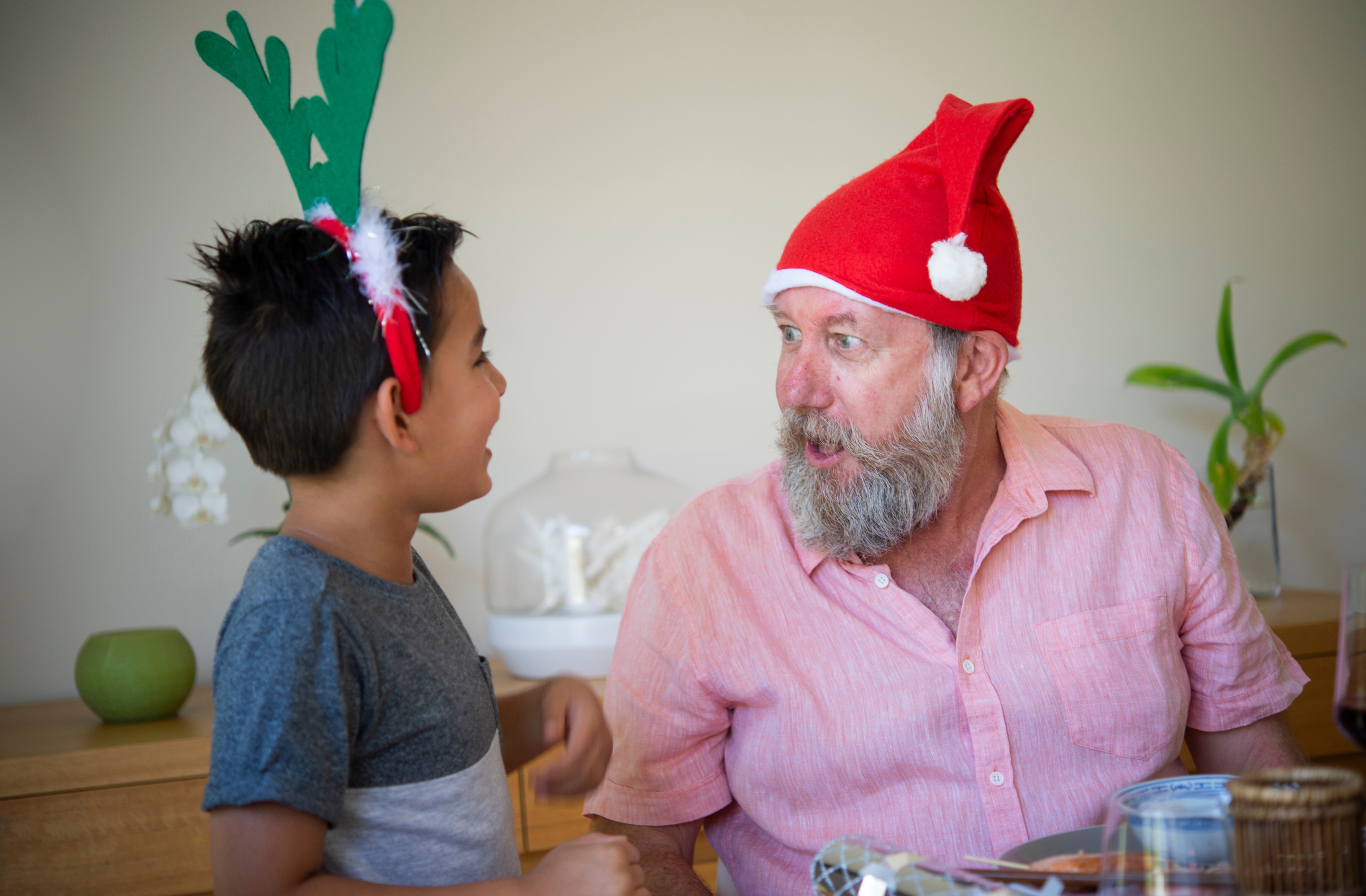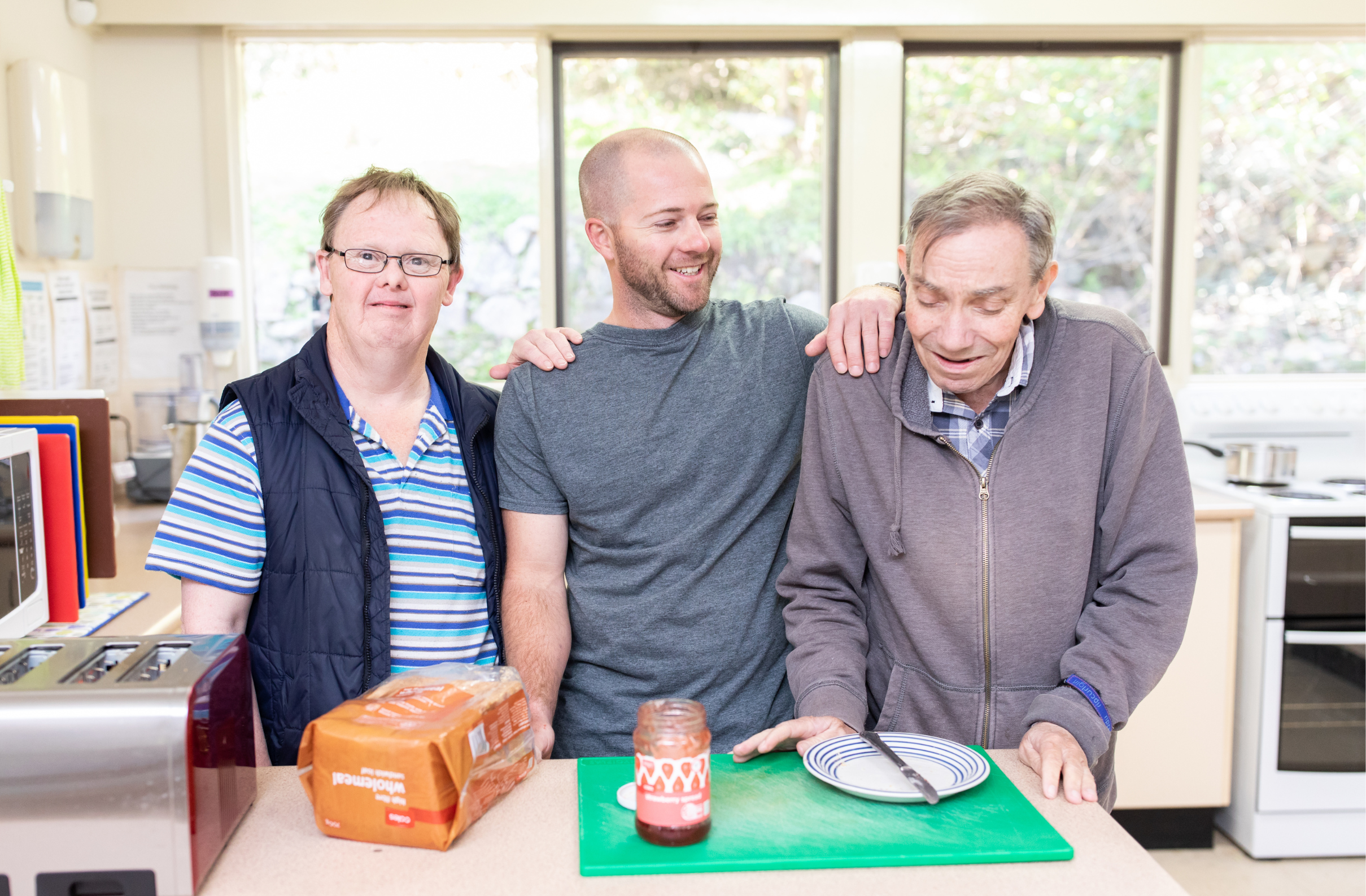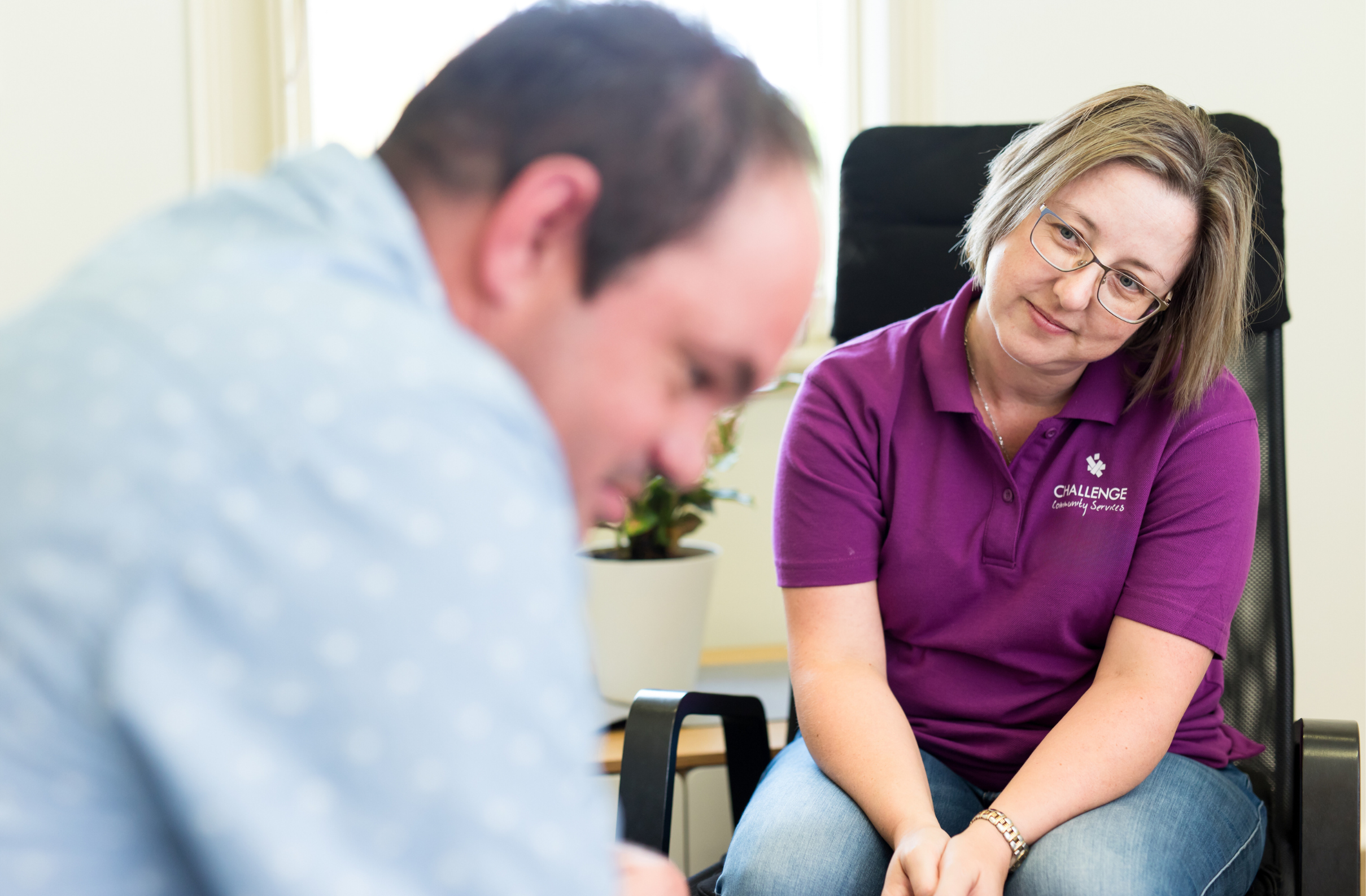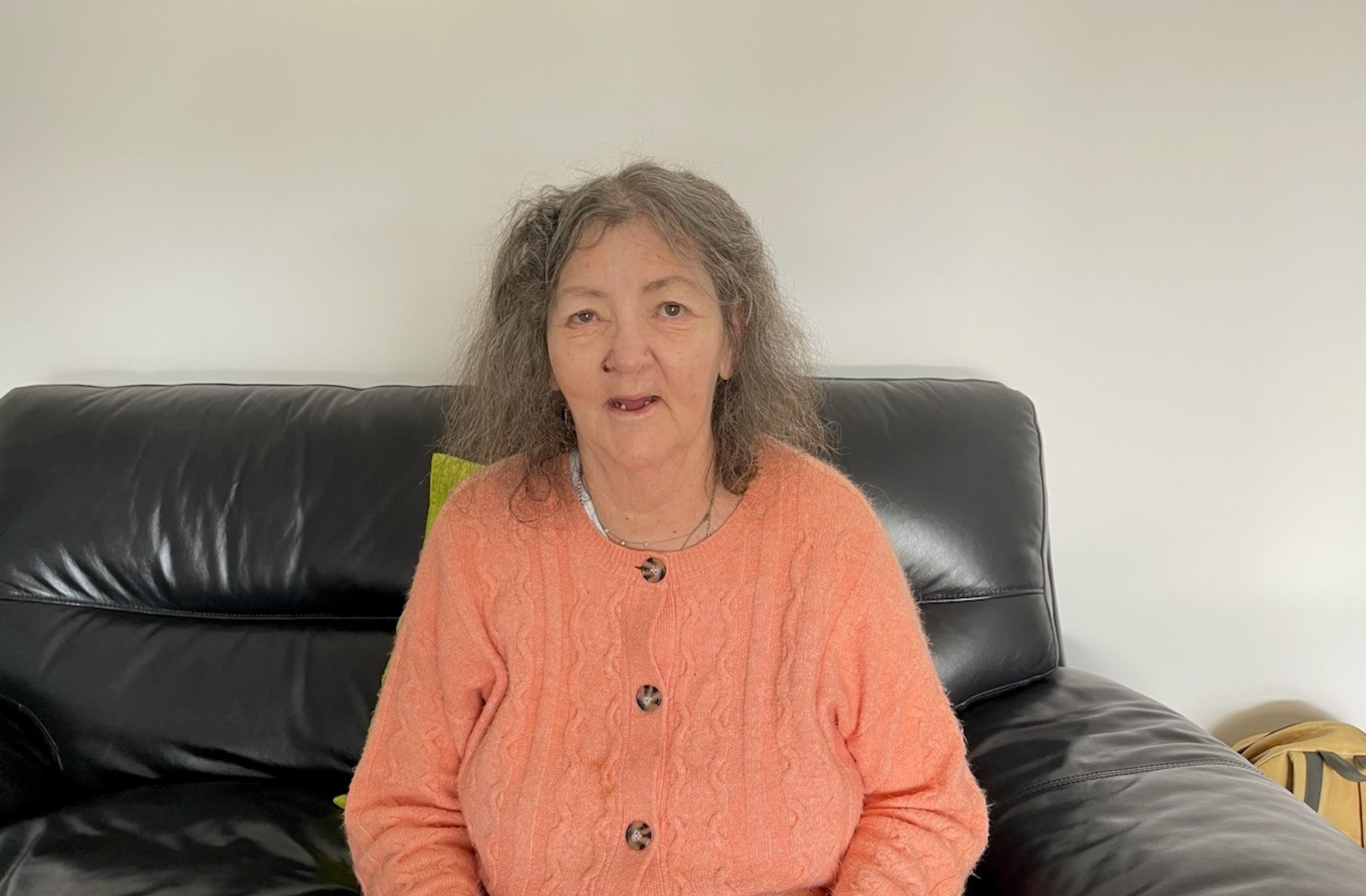In Part 3 of our Loss and Grief series, learn about how loss and grief affects foster carers and how you can prepare for saying ‘good bye’ to a child in your care.
Foster carers take on the unique role of opening their hearts and their homes to look after someone else’s child in crisis for as long as is needed – days, weeks, months or even years. Although foster carers know from the outset that one day they may have to let go of the children in their care, this doesn’t necessarily make saying ‘good bye’ any easier.
How do foster carers experience loss and grief?
Foster carers invest a huge amount of time and energy nurturing vulnerable children to give them the best opportunity in life. Carers often develop strong bonds with the children in their care and feel intense love for them.
Although individuals react to loss in different ways, a foster carer’s experience of grief will partly depend on factors such as how long the child has been in their care, their relationship with the child, whether they have misgivings about the new placement and how the transition to the new care arrangement is managed by the foster care agency.
How can you prepare yourself and your family?
The end of a placement can be heart wrenching for you, your family and the child in your care. Although there is no way to make the separation easy or painless, you can make the transition a more positive experience for everyone.
Talk to your case worker
Although foster carers are a critical part of the team responsible for the child, the ultimate decision of where a child is to be placed is out of their hands. This can make a foster carer feel powerless or anxious about a child’s future. If you feel you are not listened to as the carer, or you are misunderstood by professionals and/or the birth family, your sense of loss, anger and sense of powerlessness may be intensified.
Throughout the placement, it helps to keep the communication channels with your case worker open. Sharing information about the child will not only involve you more, it will provide vital information to the child’s care team so they can make the best decision about the child’s future. If you have concerns once the decision for permanent placement is made, talk to your case worker about your misgivings.
‘The priority is always what’s best for the child and foster carers often have to put their own feelings aside,’ says Challenge Community Services caseworker [Ebonnie York] ‘This can make it difficult for them to acknowledge their own feelings of grief and loss. Even though a carer may be happy for a child to find a permanent home or return to their family of origin, it is a bitter-sweet experience. If the placement hasn’t gone well, the carer might also feel guilty or have a sense of failure that they could not do more to help the child.’
Prepare yourself and your family
Just because a child leaves your home, it doesn’t necessarily mean the end of all contact. Talk to your case worker about what future contacts if any, you and other members of your family may have with the child after the move. If you have been able to maintain a positive relationship with the birth family, they may be willing for you to stay in contact with them and their child.
Talking to experienced foster carers, reading real life experiences on the Challenge Community Services foster care blog, or sharing your feelings of loss with supportive family members, can also help you prepare for parting and feel less alone.
Keep a memory book
A scrap book is a good way to remember times spent together as well as honour small and large milestones. Place in the scrapbook anything that shows the positive impact you have had on each other’s lives, from photographs to tickets and mementos.
As well as an individual scrap book for each child in your care to take with them to their permanent placement, you can keep your own family scrapbook that includes each child who has been in your care. Another way to remember the children you have cared for is to start a garden in which you add a plant each time a child leaves your home.
Although many foster carers do feel a sense of loss and grief when a child leaves their care, many also say the rewards of caring for a children is so strong they are able to manage this loss. Many also say they feel happy when they know the child is in safe hands for the long term. And for every child who leaves a family’s care, there is always another who needs the selfless love and nurture of a foster carer.
If a child has left your care and you or your family members are struggling with feelings of loss and grief, contact your Challenge Community Services case worker today or Lifeline on 13 11 14.
Symptoms of grief include feeling weepy, lonely, loss of appetite, sleep disturbance, anxiety or feeling overwhelmed.
Sources:













